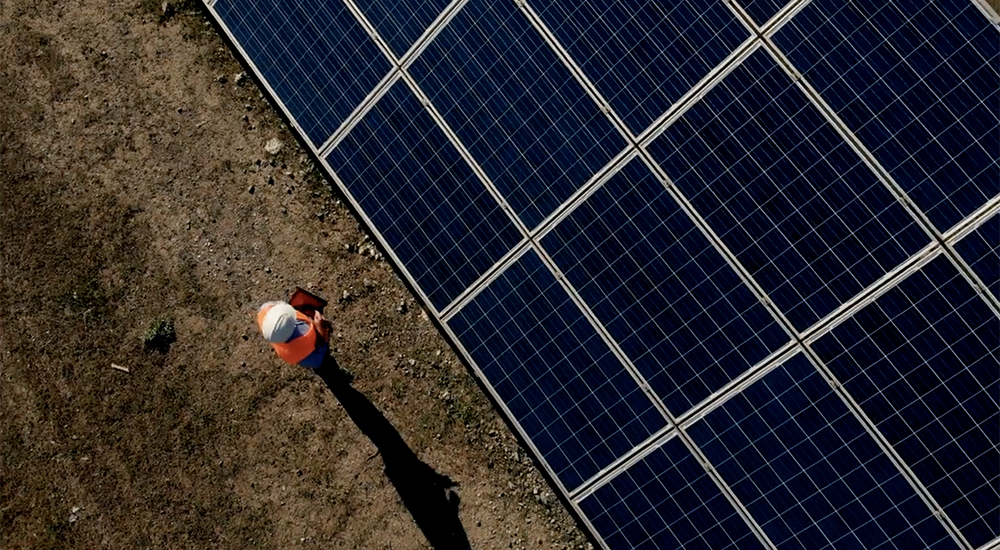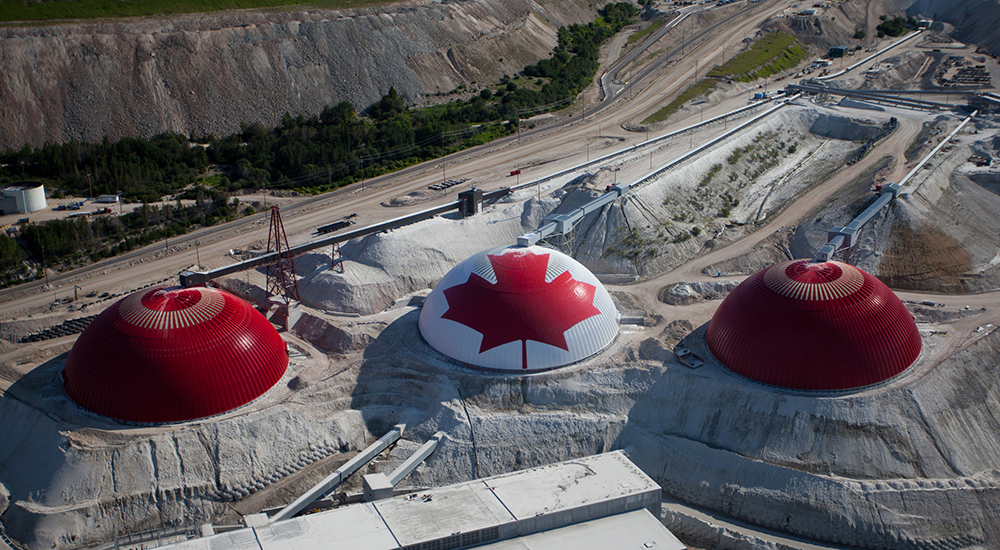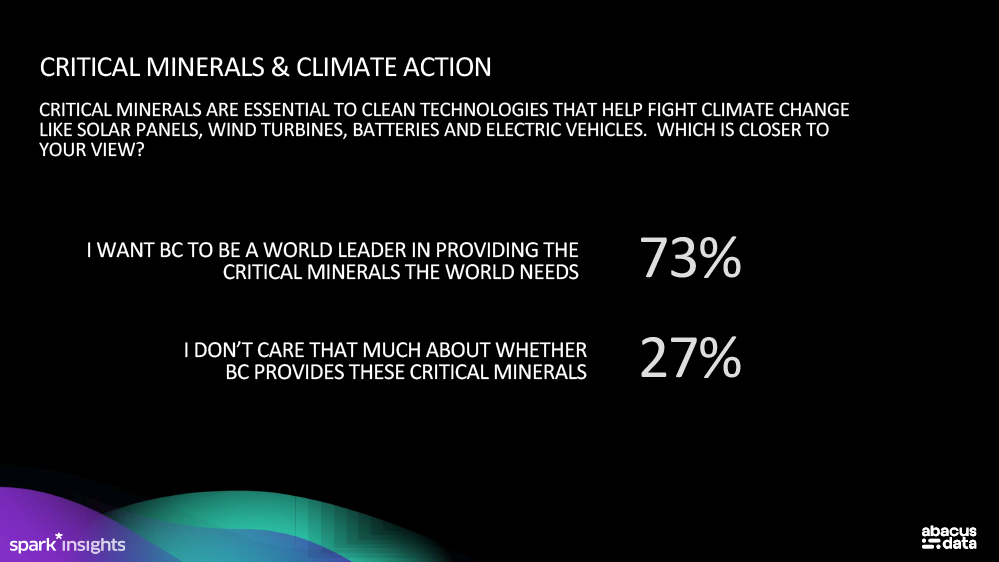THE OPPORTUNITY
IS RIGHT UNDER OUR FEET.
Without them we can’t reach our climate goals. With an abundance of critical minerals and metals, British Columbia has an outsize opportunity to make a significant contribution to climate action.
We’re not the only jurisdiction with critical minerals, but we are a preferred supplier. We mine and refine metals responsibly and safely, and our operations have among the lowest carbon emissions in the world. We also meet some of the toughest laws and regulations for environmental protection and worker safety.
What’s more our critical mineral resources offer British Columbians enormous economic benefits, and a generational opportunity to increase Indigenous participation in mining and advance economic reconciliation.
The opportunity is right under our feet.
Essential Building Blocks for a Low-Carbon Future

Certain minerals are so essential to our climate objectives, economic and national security, they have been designated as “critical minerals” by governments around the world, including Canada.
These minerals are indispensable to clean technologies and the transition to a lower-carbon future, as well as aerospace, defence and communications technologies.
Fortunately, British Columbia is home to many of the minerals on Canada’s critical mineral list, including aluminum, cadmium, chromium, copper, nickel, silver, zinc and a host of others.
All of these critical minerals are vital to achieving a net-zero economy by 2050.
BC’s Critical Minerals Matter

China is currently the dominant global refiner of critical minerals, and the world’s largest producer of EV batteries and clean technologies like solar cells. Russia is also a major producer of critical minerals and metals.
Western governments recognize that dependence on countries governed by authoritarian regimes for critical mineral supplies is a strategic vulnerability. That’s why countries like Canada, the U.S. and others are working independently and in partnership to build up their own critical mineral supply chains.
In Canada, the federal government has launched the Canadian Critical Mineral Strategy to capitalize on the rising demand for critical minerals, which could grow from four to six times by 2040, according to the International Energy Agency.
Critical minerals from BC and across the country are crucial elements in electric vehicle manufacturing and new EV battery plants like the recently announced St. Thomas Battery Cell Gigafactory in Ontario.
British Columbians Want BC to be a Critical Minerals Leader

According to a recent public survey, three quarters of British Columbians would like to see the province become a world leader in supplying critical minerals essential to clean technologies and emissions reduction.
In fact, across all regions of British Columbia, all demographics and across the political spectrum, there is recognition that critical minerals play an essential role in helping us reach global climate goals.
This strong level of public support aligns with the growing perception of critical minerals as strategic assets that are the essential building blocks of a lower carbon future.
Building a Better BC Economy and Stronger Communities

BC’s mining sector – mineral explorers, mines and smelters, and the local businesses that support them – remains an important provider of high-paying jobs, contracting and supply opportunities for businesses, tax revenue for all levels of government, and economic reconciliation with Indigenous Peoples.
British Columbia currently hosts seven near-term copper, gold and steelmaking coal mines or mine extension projects that will reach their final investment decisions in the next 18 months. Together, they represent more than $4 billion in capital expenditures, 6,400 new construction and operating jobs, Indigenous partnerships and an economic impact topping $10 billion.
There is a second queue of 11 other medium-term advanced critical mineral projects that will produce copper and copper-gold, and copper-zinc-silver that hold the potential to provide a steady source of jobs, community development and prosperity in every region of BC.
These projects include the world’s largest unmined niobium deposit and two of the world’s largest nickel deposits, which offer value-added refining and processing jobs for British Columbians and battery-grade nickel sulphate for Canada’s emerging battery and electric vehicle sectors.
Realizing British Columbia’s Critical Minerals Potential

British Columbia has the responsibly produced critical minerals that Canada and our allies need to transition to a low-carbon future. But to fully realize British Columbia’s critical minerals potential, the provincial and federal governments must work together and make progress on a number of important measures, including:
- Reducing lengthy permitting processes that are a long-standing challenge for BC mining, without reducing environmental protection.
- Providing the financial resources to ensure Indigenous nations have the governance, administrative and technical capacity to participate on an equitable footing in shared decision making and major mine reviews, while supporting Indigenous co-ownership and equity participation in critical mineral projects.
- Expanding BC’s electrical grid to support and electrify mine extensions and new mines and advance decarbonization so BC’s mines and smelters will continue to have among the lowest emissions in the world.